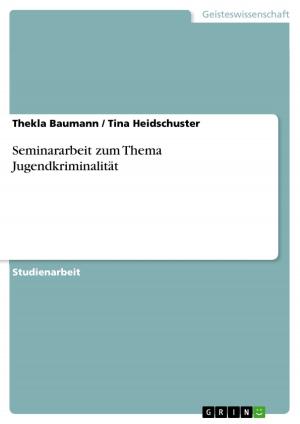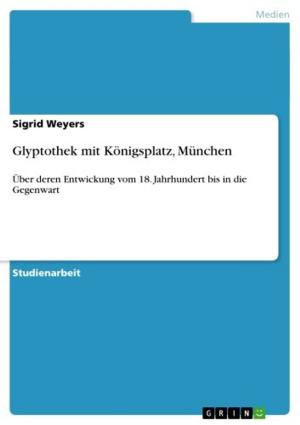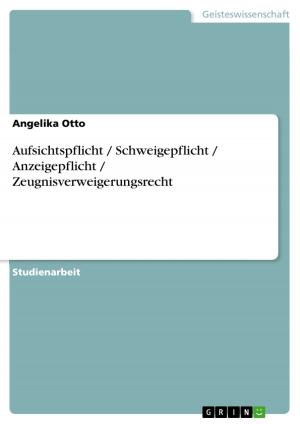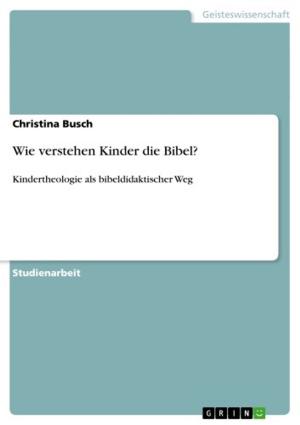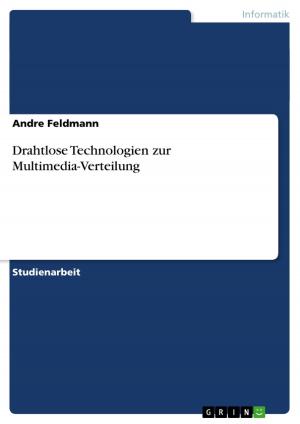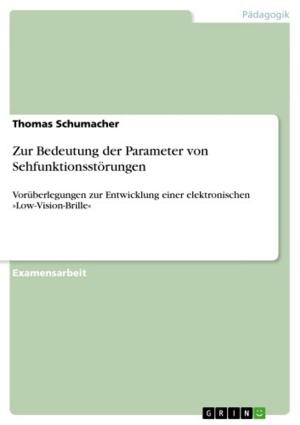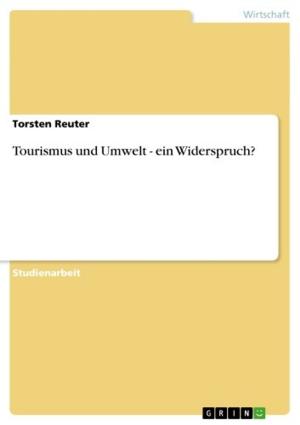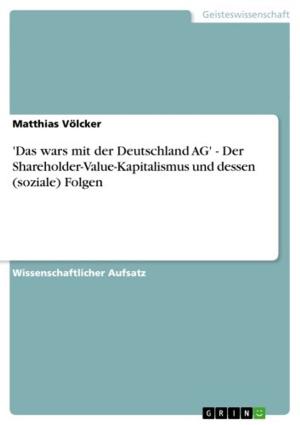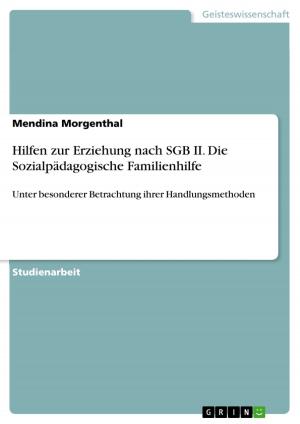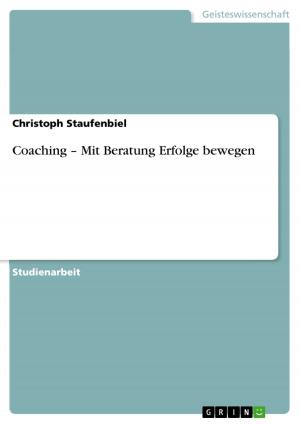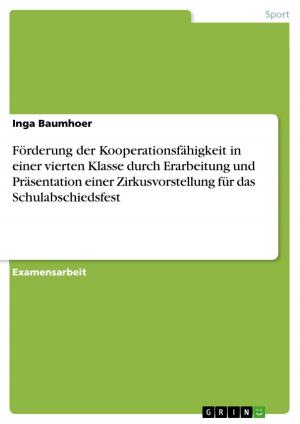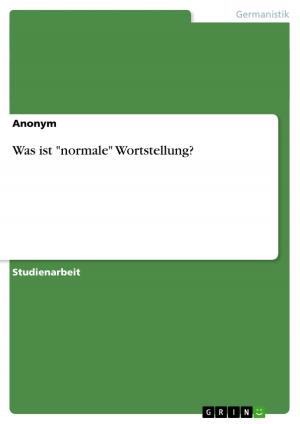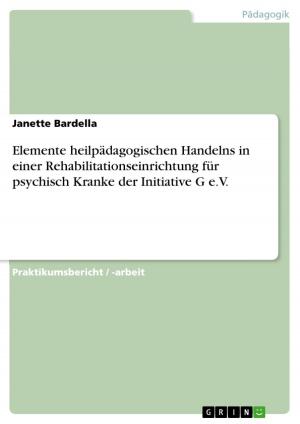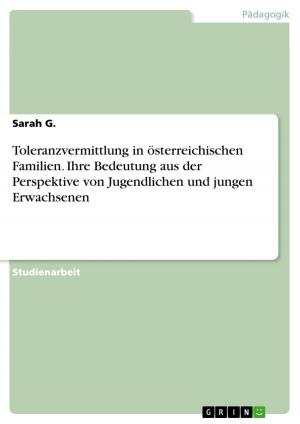The Aching Joys of the Romantic Genius: The Loss and Transcendence of Unmediated Experience in Wordsworth's 'Tintern Abbey' and Goethe's 'The Eagle and the Dove'
Fiction & Literature, Literary Theory & Criticism, British| Author: | Katharina Thomas | ISBN: | 9783640930753 |
| Publisher: | GRIN Verlag | Publication: | June 3, 2011 |
| Imprint: | GRIN Verlag | Language: | English |
| Author: | Katharina Thomas |
| ISBN: | 9783640930753 |
| Publisher: | GRIN Verlag |
| Publication: | June 3, 2011 |
| Imprint: | GRIN Verlag |
| Language: | English |
Seminar paper from the year 2009 in the subject English - Literature, Works, grade: 1,0 (A), The University of North Carolina at Chapel Hill, course: Chief British Romantic Writers, language: English, abstract: What do Goethe and Wordsworth have in common? Or more precisely, what does Tintern Abbey have to do with Goethe's Sturm und Drang poem The Eagle and the Dove? This paper will argue that while the poems may not share much at first glance, they voice similar feelings with respect to the experience of the Romantic Genius. The eagle's loss of freedom and forced subjugation under a situation constrained by authorities echo Wordsworth's description of the experience of his younger self. Similar to the eagle, the poet-figure in Tintern Abbey experiences a loss of that intensely emotional, unmediated engagement with the world. Wordsworth's insight that he has received 'abundant recompense' for this loss is foreshadowed in its incipience also in Goethe's poem. In order to establish this thesis, the first part of the paper provides an in-depth analysis of The Eagle and the Dove, elaborating on the concept of the romantic genius advanced by Goethe in the figure of the eagle. This analysis will also take into account differences between the English translation by Edgar Alfred Bowring and the German original, as the translation is not always felicitous. Since it would be beyond the scope of this paper to do a close reading of both poems in their entirety, the following part concentrates on a few central passages from Tintern Abbey, delineating the similarities between both poems with respect to the experience of the poet figure. Finally, it will analyse how Wordsworth transcends the loss of his former experience in relation to a similar development implicit in Goethe's poem.
Seminar paper from the year 2009 in the subject English - Literature, Works, grade: 1,0 (A), The University of North Carolina at Chapel Hill, course: Chief British Romantic Writers, language: English, abstract: What do Goethe and Wordsworth have in common? Or more precisely, what does Tintern Abbey have to do with Goethe's Sturm und Drang poem The Eagle and the Dove? This paper will argue that while the poems may not share much at first glance, they voice similar feelings with respect to the experience of the Romantic Genius. The eagle's loss of freedom and forced subjugation under a situation constrained by authorities echo Wordsworth's description of the experience of his younger self. Similar to the eagle, the poet-figure in Tintern Abbey experiences a loss of that intensely emotional, unmediated engagement with the world. Wordsworth's insight that he has received 'abundant recompense' for this loss is foreshadowed in its incipience also in Goethe's poem. In order to establish this thesis, the first part of the paper provides an in-depth analysis of The Eagle and the Dove, elaborating on the concept of the romantic genius advanced by Goethe in the figure of the eagle. This analysis will also take into account differences between the English translation by Edgar Alfred Bowring and the German original, as the translation is not always felicitous. Since it would be beyond the scope of this paper to do a close reading of both poems in their entirety, the following part concentrates on a few central passages from Tintern Abbey, delineating the similarities between both poems with respect to the experience of the poet figure. Finally, it will analyse how Wordsworth transcends the loss of his former experience in relation to a similar development implicit in Goethe's poem.

